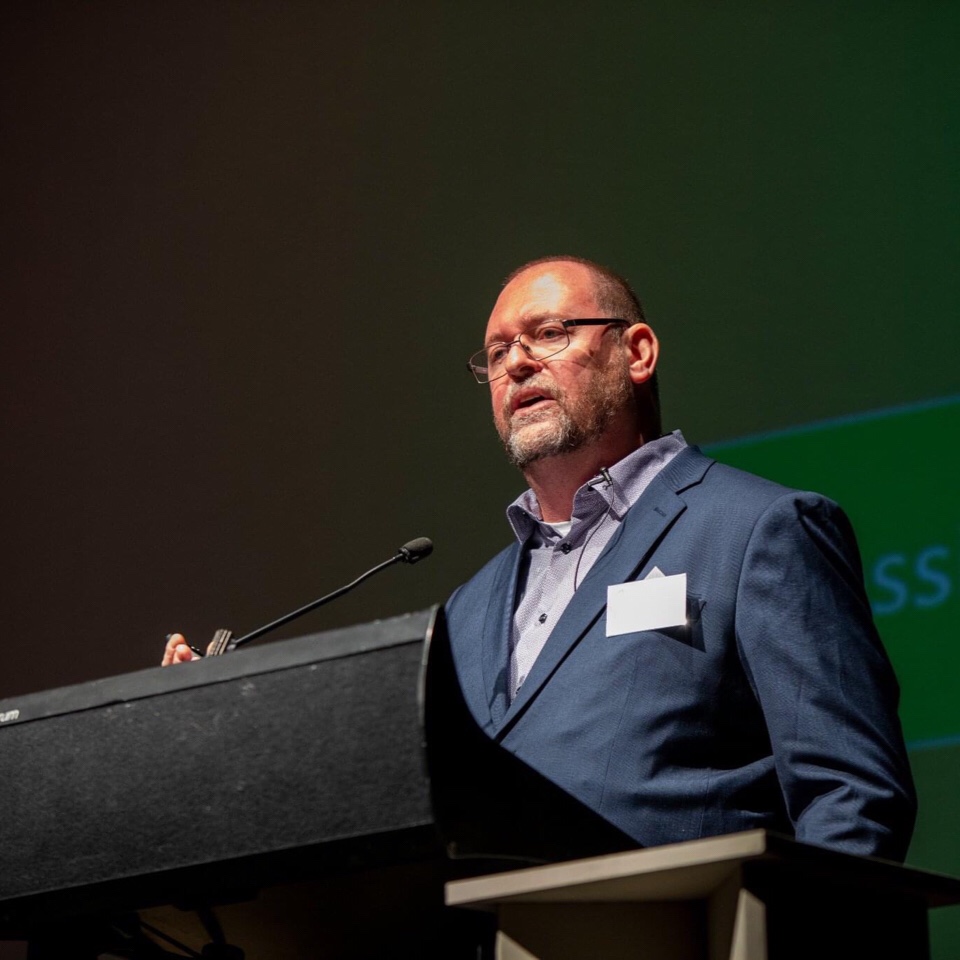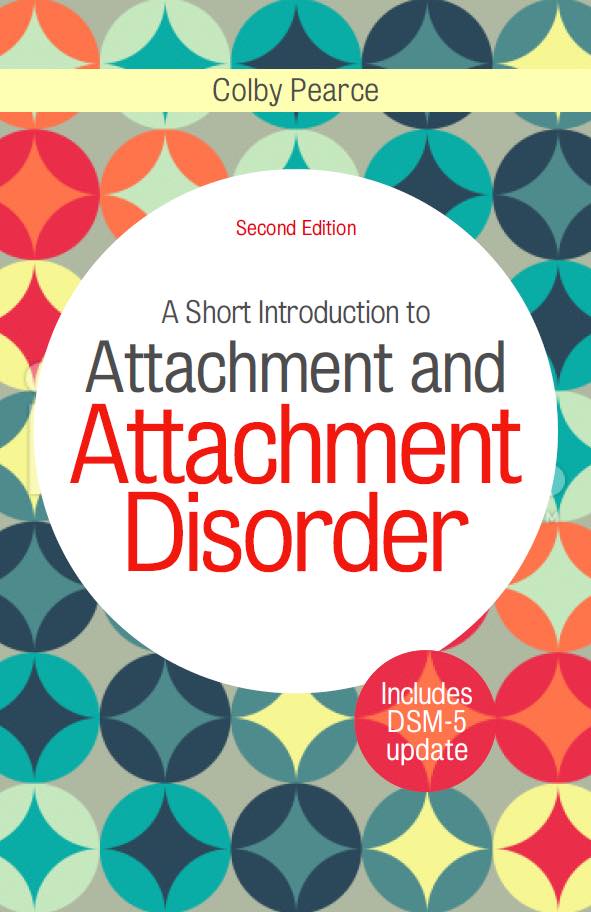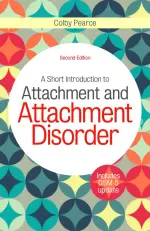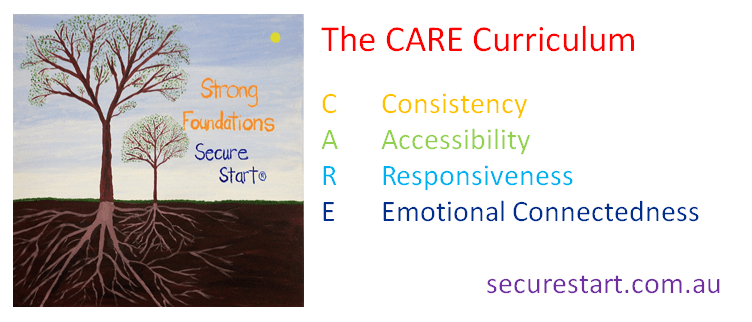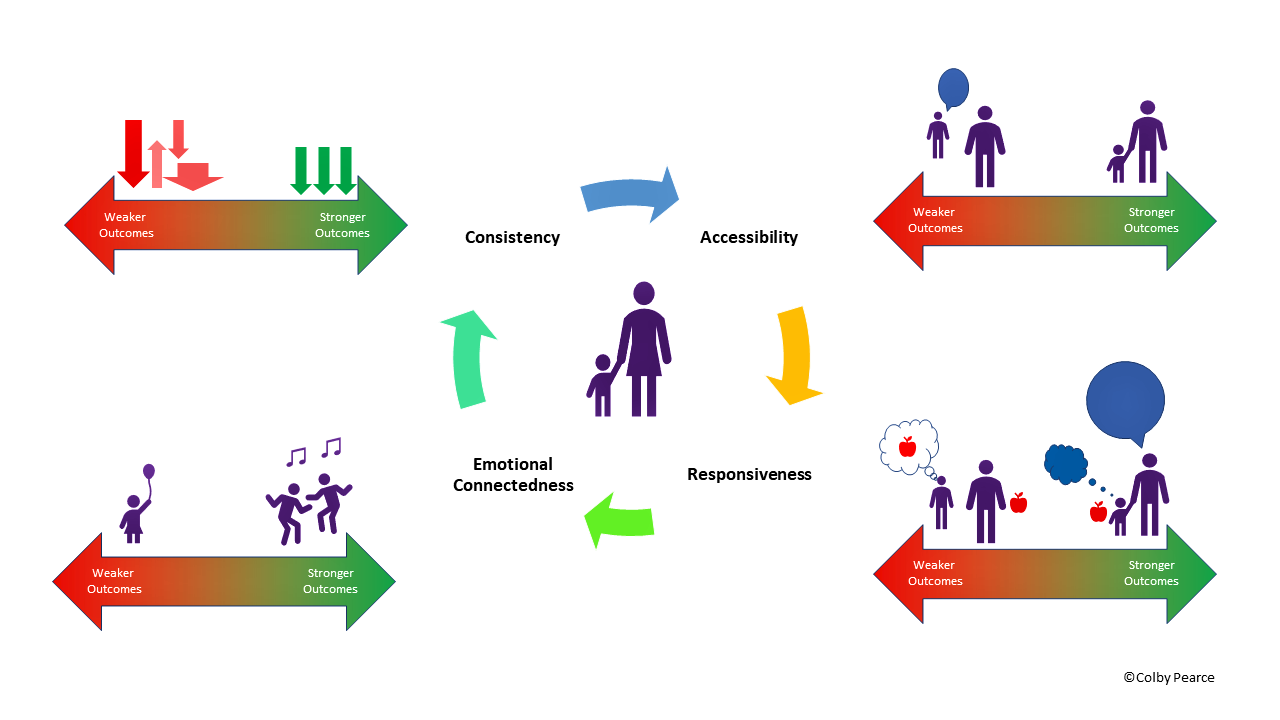In this the final blog of the series, I will present what I think functional learning about the accessibility and responsiveness of adults in a caregiving role for needs provision looks like. I recommend that the reader also take a look at the previous blog posts in this series, which can be accessed below:
- Child welfare intervention outcomes: What we know and what we see (1st in series)
- What attachment security looks like (2nd in series)
- Outcomes in child welfare: what a well-modulated nervous system looks like (3rd in series)
Children and young people who are recovering from a tough start to life often present in a manner that reflects that they are unsure about, or don’t trust, that adults in a caregiving role will be accessible to them, understand their needs (and reasonable wishes), and respond to them in a consistent and predictable manner. This manifests in inordinately demanding behaviour, of caregiver proximity and responsiveness, and/or inordinate self-reliance. Sometimes, they alternate between the two. Their caregivers typically feel overwhelmed and frustrated which, in turn, often leads to withdrawal, restriction, and further unresponsiveness; the impact of which is worsening of the child or young person’s preoccupation with accessibility to needs provision.
This problem behaviour arises because of what the child learns about the accessibility and responsiveness of adults in a caregiving role during the early developmental period where caregiving is inconsistent and inadequate. These children and young people typically learn that you cannot always rely on adults in a caregiving role when their care was adversely impacted by addiction, mental health difficulties, relationship issues, and poor parenting knowledge.
Children and young people who are recovering from a tough start to life benefit from care that supports new learning that adults in a caregiving role can be relied upon to be accessible and responsive to them. To learn more about caregiving strategies to achieve this I refer the reader to A Short Introduction to Attachment and Attachment Disorder (Second Edition).

Evidence that the children are making this new learning includes acceptance of proffered care, exploration of their world, being able to share with others, age-appropriate dependency, acceptance of temporary separations, independent play, and age-appropriate independence, including with self-care routines.
I cannot underestimate the importance of knowing what success on behalf of children and young people in our care who are recovering from a tough start to life looks like, and have included below and table for quick reference based on the Triple-A Model (Pearce, 2016, 2012, 2011, 2010).
| Arousal | Attachment | Accessibility (to needs provision) |
| Calmness | Giving things a go | Accepting separations |
| Restful sleep | Confident exploration | Sharing |
| A range of natural emotion | Joining in | Seeking help when needed |
| Easily soothed | (Appropriate) Independence | Independent play |
| Cooperation | Accepting Challenges | Exploration |
| Sustained attention (focus) | Seeking help when needed | Feeding self |
| Bladder and bowel control | Having fun | Independence |
| Attaining milestones | Making friends | |
| Academic success | Accepting Challenges | |
| Grooming | ||
| Using words to communicate | ||
| Positive self-esteem |
If you enjoyed this series and would like to write about topics related to child protection, therapeutic care, and psychology service provision, do get in touch.
References:
Pearce, C.M. (2016) A Short Introduction to Attachment and Attachment Disorder (Second Edition). London, Jessica Kingsley Publishers
Pearce, C.M (2012). Repairing Attachments. BACP Children and Young People, December, 28-32
Pearce, C.M. (2011). A Short Introduction to Promoting Resilience in Children. London, Jessica Kingsley Publishers
Pearce, C.M. (2010). An Integration of Theory, Science and Reflective Clinical Practice in the Care and Management of Attachment-Disordered Children – A Triple A Approach. Educational and Child Psychology (Special Issue on Attachment), 27 (3): 73-86
Pearce, C.M. (2009) A Short Introduction to Attachment and Attachment Disorder. London, Jessica Kingsley Publishers

